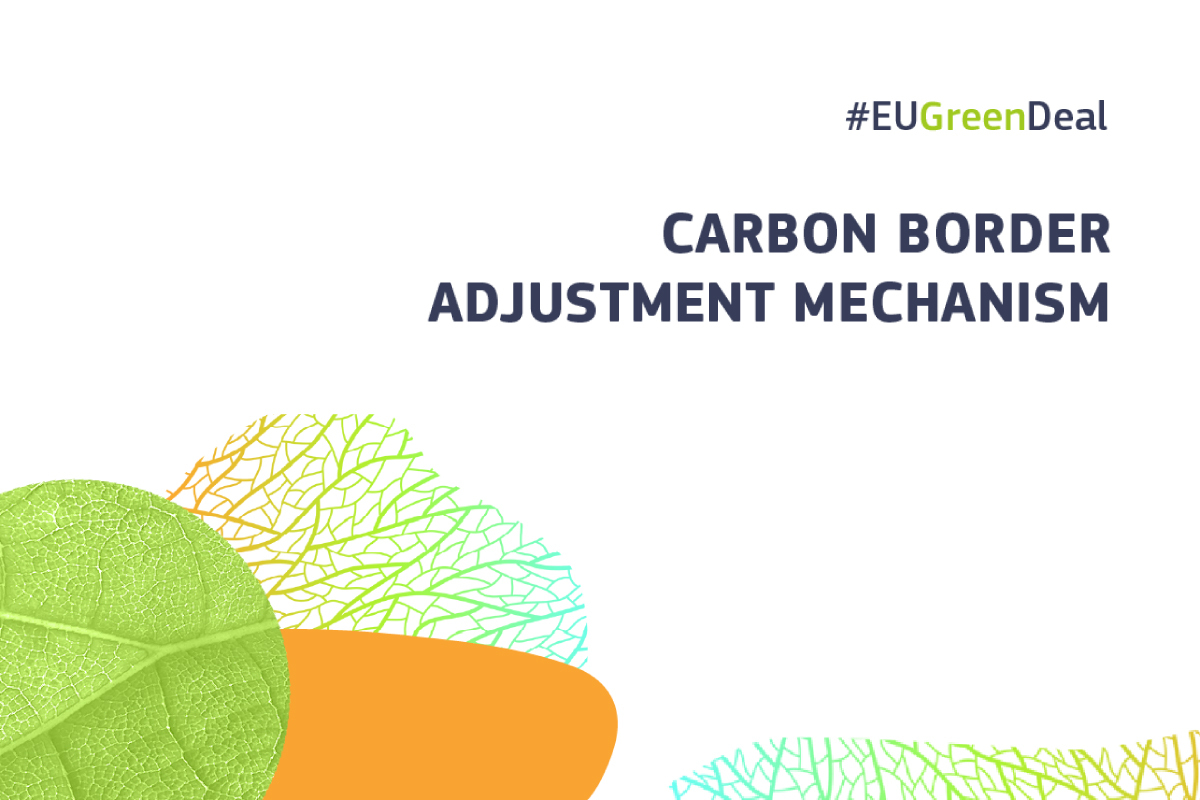The transitional period for the application of the CBAM – Carbon Border Adjustment Mechanism, provided for in Regulation (EU) 956/2023, which entered into force on 17 May 2023 and is part of the Fit for 55 regulatory package under the new EU environmental policies, started on 1 October.
What is CBAM
It is an environmental customs duty that will initially apply to imports of certain Co2-intensive products – cement, iron, steel, hydrogen, aluminium, fertilisers and electricity – with the intention of extending it to other goods at a later stage.
Environmental objectives
The objective is to combat carbon emissions associated with imports of products that are considered particularly energy-polluting and come from countries with unsustainable technological installations. The measure is part of the European Union’s Green Deal, which aims to reduce greenhouse gas emissions by at least 55% by 2030 compared to 1990 levels and to achieve climate neutrality by 2050.
Implementation
The Regulation provides for a first transitional phase (from 1 October 2023 to 31 December 2025) during which the tax will not be levied on imported goods but only information will be collected on the quantities of incoming products subject to the CBAM, including the assessment of embedded emissions. In addition, during this transitional phase, the importer or indirect representative will be required to collect data on a quarterly basis and submit it to the Commission: the first report, with data for the fourth quarter of 2023, will have to be submitted by the end of January 2024.
The second final phase (from 1 January 2026) will see the official implementation of CBAM The importer or indirect representative will have to declare each year the quantity of goods subject to CBAM imported in the previous calendar year and the incorporated carbon dioxide emission data.
A global problem requiring glocal solutions
The negative consequences of climate change impact the entire planet, affecting the environment, the economy and public health. A global problem that requires glocal solutions, i.e., solutions that are coordinated at both global and local levels. In this respect, the CBAM is a valuable tool to counter carbon emissions and contribute effectively to the EU’s climate objectives.
For all insights → here and here
For infographic explanation → here
